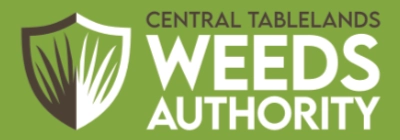Allowing our environment agriculture and community to flourish by reducing weed biosecurity risk impacts.
Weed Biosecurity
Each and every one of us has a general biosecurity duty to be aware of their surroundings and take action to prevent the introduction and spread of weeds. Whether it be on primary producing land, natural bushland, or your very own residential backyard, we are all responsible. This duty comes from Section 22 of the Biosecurity Act 2015 (NSW) Biosecurity Act 2015 No 24 – NSW Legislation.
“Any person who deals with biosecurity matter or a carrier and who knows, or ought reasonably to know, the biosecurity risk posed or likely to be posed by the biosecurity matter, carrier or dealing has a biosecurity duty to ensure that, so far as is reasonably practicable, the biosecurity risk is prevented, eliminated or minimised.”
Which Weeds
Local Lands Services through the Regional Weeds Committee have methodically analysed invasive plant species and the risks they pose to devise Regional Strategies across the state. These strategies help hone scarce resources into priorities. Local Control Authorities, such as us, are responsible for the implementation of the strategy and the focus on the priority weeds.
Central Tablelands Local Lands Services Weed Biosecurity Strategy Plan can be found here: Central Tablelands Regional Strategic Weed Management Plan 2023-2027 (nsw.gov.au)
Consequences
The Biosecurity Act 2015 (NSW) has equipped Local Control Authorities with powers, enabling them to be able to inspect lands and demand that priority weeds be prevented, eradicated, contained, or controlled to the satisfaction of the Authority (Asset protection).
Failing to meet the demands of the Authority may result in penalty infringement notices or court prosecution.
These penalties may be considered harsh however, the Authority strives to protect agriculture, the environment and the community by playing its role in reaching out to the community to encourage compliance across the region.
